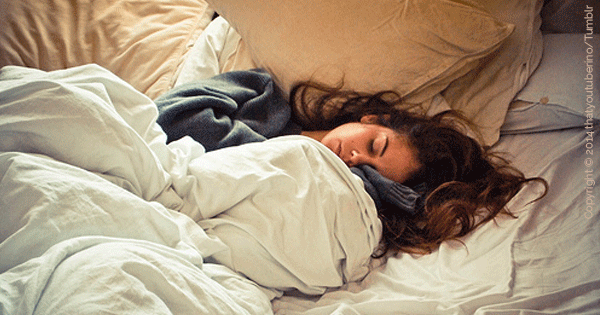All-nighters. Jet lag. Newborn babies. Late-night parties. Study sessions.
There are plenty of reasons that our internal clock gets all mixed up. When it does, you end up laying awake in bed at 2:00 a.m. and nearly passing out during work the next day. But how do you fix it?
Many assume it just takes time (and a little help from sleeping pills) to correct our internal clocks. However, now there is another solution that might be able to reset your internal clock in just one night.
According to a study by Harvard Medical School, there might be a second internal clock that can override your primary internal clock.
The "internal clock" that people are generally referring to is actually called the "circadian rhythm." This is the "clock" inside your brain that tells you when it is time to go to sleep.
The study explains that there is a second "biological clock that is turned on in the brain when animals are fed only during the part of the day when they normally sleep. This clock can turn the normal circadian rhythms upside down to allow animals to be fully awake the next day at the same time, waiting for the food."
In other words, there is a second internal "food" clock that will override the primary internal "sleep" clock to ensure that it will be awake for food based on the time you had your last meal for the day.
"[T]hey show that this new clock, in the dorsomedial hypothalamus, is sufficient to organize circadian rhythms driven by food. If similar clocks are present in humans, this work suggests strategies for using food to time human biological rhythms."
To use this trick, simply decide when you want to wake up the following day and eat your last meal of the day 12-16 hours before that time. For example, if you wanted to wake up at 6:00 a.m. on Monday, eat your last meal sometime between 2:00 p.m. and 6:00 p.m. the night before on Sunday. That way, your body will wake you up at 6:00 a.m. because you brain will initiate your body’s starvation cycle, which essentially mimics what your body goes through when you are sleeping at night.
As a result, when you do start to eat again, or when you “break your fast” after the 12 to 16 hour period that you go without eating, your body will interpret this as the start of a new day, and it will use this meal to jump start your system and recharge itself for the day.
What do you think of this? Would you try it out? Let us know what you think in the comments!
Copyright © 2014 thatyoutuberino/Tumblr





